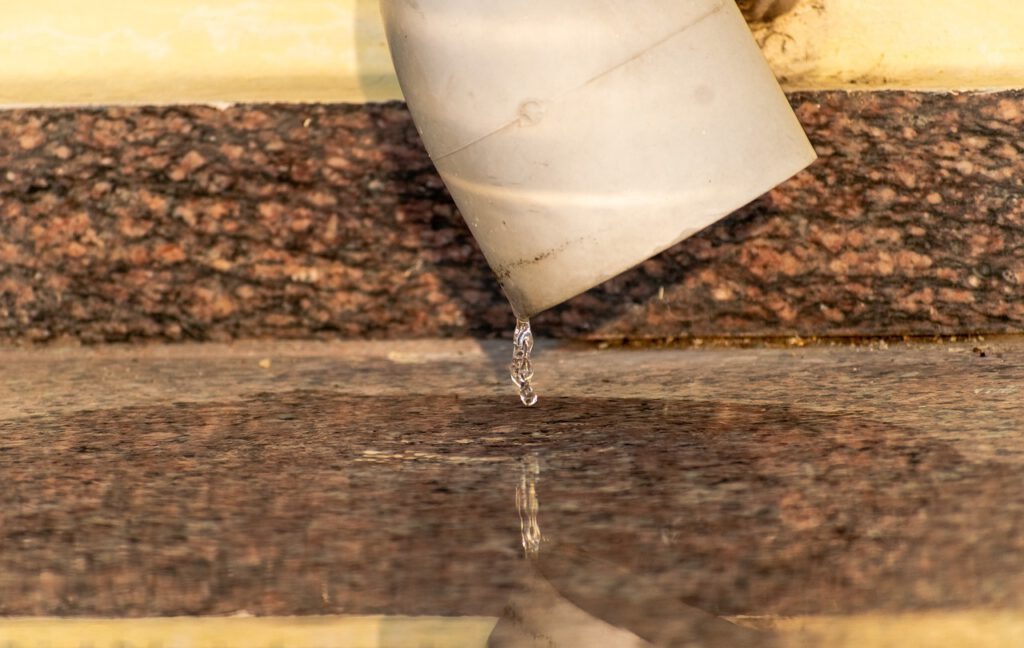Battling the Elements: Tackling Corroded Pipes in Your Minnesota Plumbing System
by siteadmin

Living in Minnesota, we’re no strangers to harsh weather conditions. From freezing winters to humid summers, our homes endure a lot, including our plumbing systems. One common issue that Minnesotans face is corroded pipes. Corrosion can wreak havoc on your plumbing, leading to leaks, reduced water pressure, and even water contamination. In this article, we’ll explore the causes of pipe corrosion in Minnesota and discuss effective strategies for tackling this problem head-on.
Understanding Pipe Corrosion
Before diving into solutions, it’s essential to understand what causes pipe corrosion. In Minnesota, several factors contribute to this phenomenon:
Extreme Temperatures
Minnesota’s climate is characterized by extreme temperature fluctuations. During winter, pipes are subjected to freezing temperatures, causing them to contract and expand. Over time, this constant expansion and contraction weaken the pipes, making them more susceptible to corrosion.
Hard Water
Many areas in Minnesota have hard water, which contains high levels of minerals like calcium and magnesium. These minerals can accumulate inside pipes, leading to corrosion and blockages.
Chemical Exposure
Certain chemicals present in water, such as chlorine and fluoride, can accelerate the corrosion process. These chemicals are often added to municipal water supplies for disinfection and dental health purposes.
Dealing with Corroded Pipes
Now that we understand the causes, let’s explore how to tackle corroded pipes effectively:
Regular Inspections
Schedule regular inspections of your plumbing system, especially if you live in an older home. A professional plumber can identify early signs of corrosion and recommend appropriate solutions before the problem escalates.
Water Quality Testing
Consider testing your water quality to determine if it’s contributing to pipe corrosion. If you have hard water, installing a water softener can help reduce mineral buildup and extend the lifespan of your pipes.
Pipe Replacement
In severe cases of corrosion, pipe replacement may be necessary. Modern plumbing materials like copper, PEX, or PVC are more resistant to corrosion than traditional galvanized steel or iron pipes. Consult with a licensed plumber to assess the extent of the damage and determine the best course of action.
Corrosion Protection
Applying corrosion-resistant coatings or wraps to existing pipes can help slow down the corrosion process. These protective measures act as a barrier between the pipe and corrosive elements in the environment.
Temperature Control
During winter, prevent frozen pipes by insulating exposed pipes and keeping your home adequately heated. Avoid sudden temperature changes, such as turning off the heat while away on vacation, which can increase the risk of pipe damage.
Maintaining a healthy plumbing system is essential for the comfort and safety of your home, especially in a climate like Minnesota’s. By understanding the factors contributing to pipe corrosion and implementing proactive measures, you can prolong the lifespan of your pipes and prevent costly repairs down the road. Remember to enlist the help of qualified professionals for inspections, testing, and repairs to ensure the integrity of your plumbing system for years to come.
Living in Minnesota, we’re no strangers to harsh weather conditions. From freezing winters to humid summers, our homes endure a lot, including our plumbing systems. One common issue that Minnesotans face is corroded pipes. Corrosion can wreak havoc on your plumbing, leading to leaks, reduced water pressure, and even water contamination. In this article, we’ll…
Recent Posts
- Revolutionizing Concrete Repair in Eau Claire: Expert Solutions for Every Need
- Boca Dental and Braces Revolutionizes Orthodontic Care in Las Vegas
- Expert Cleaners Lexington Announces Commitment to Safe, Sustainable Cleaning Practices, Expanding to Georgetown, KY
- Celebrate Mom with Exquisite Flowers: Mothers Day Flowers
- Orlando’s Most Common Lawn Mowing Mistakes and How to Avoid Them
